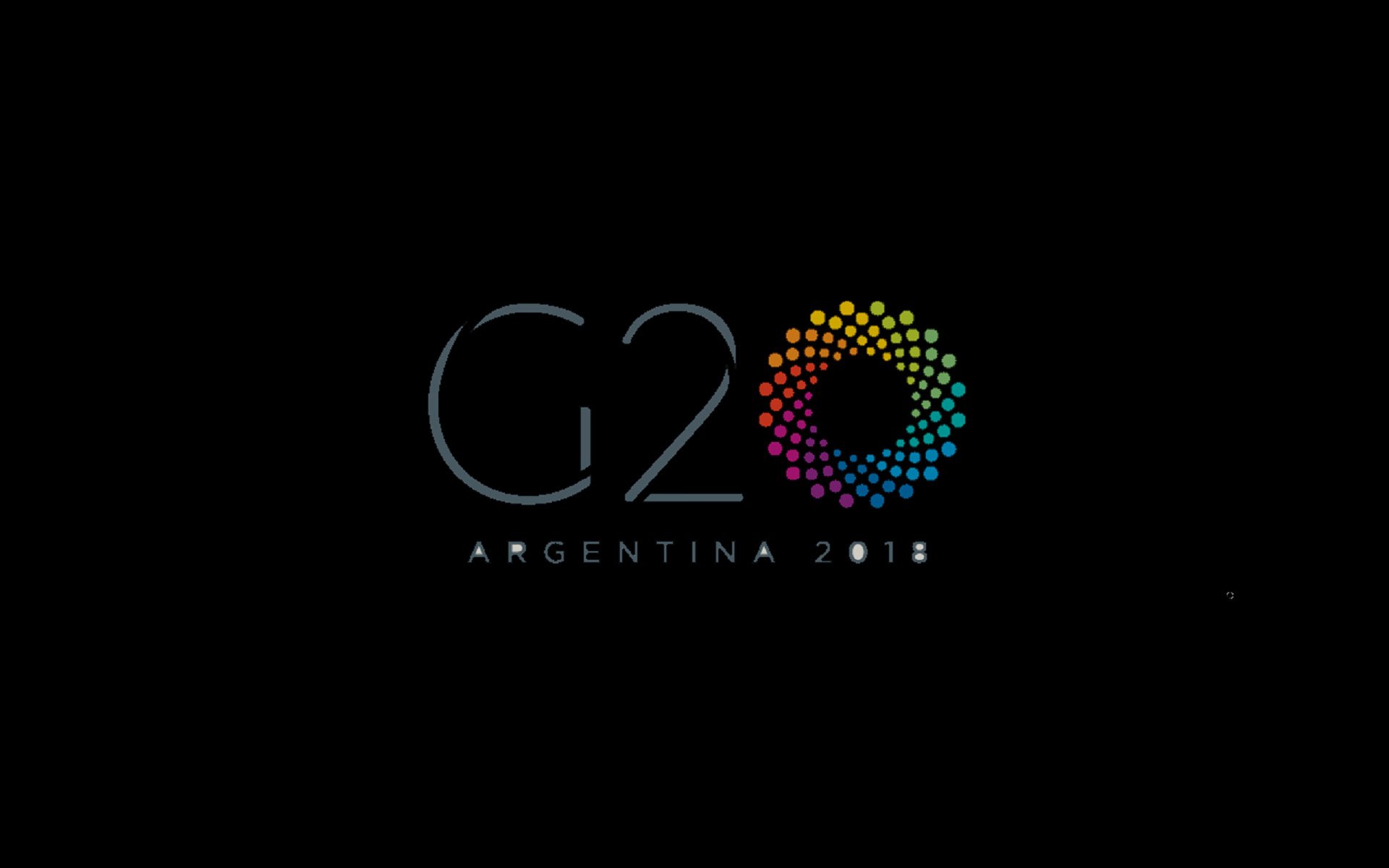The French government will request a debate about regulating Bitcoin at the next G20 summit. The G20 comprises the biggest economies in the world.
G20 to Debate Regulating Bitcoin
On December 17th, 2017, French Finance Minister Bruno Le Maire told the French TV channel LCI that he was going to propose to President Mauricio Macri, who will host the 2018 G20 in Buenos Aires, that member countries should discuss how to regulate Bitcoin. As Reuters reported, Le Maire said:
There is evidently a risk of speculation. We need to consider and examine this and see how (…) with all the other G20 members we can regulate bitcoin.
The upcoming G20 summit is scheduled to take place in Buenos Aires, Argentina, in 2018. Founded in 1999, the G20 comprises the governments and central bank chiefs of the world’s major economies: Argentina, Australia, Brazil, Canada, China, France, Germany, India, Indonesia, Italy, Japan, Mexico, Russian Federation, Saudi Arabia, South Africa, South Korea, Turkey, United Kingdom, United States, and the European Union.
European Countries Continue Push to Regulate Bitcoin
On December 15th, 2017, France and other members of the European Union agreed to impose regulatory controls on cryptocurrency exchanges in an effort to prevent money laundering, tax evasion, and financing of terrorism. In this regard, Europe’s Justice Commissioner Vera Jourova said:
Today’s agreement will bring more transparency to improve the prevention of money laundering and to cut off terrorist financing.
Specifically, some of the restrictive measures require platforms that transfer Bitcoin and “wallet” providers that hold cryptocurrencies for clients to identify their users. The measures also allow national investigators more access to information, including national bank account registers.
For a while, due to Bitcoin’s explosive growth, French authorities have been mulling over how to regulate the cryptocurrency. For example, in October 2017, Robert Ophèle, the chief of the French stock market regulatory agency, the AMF (Authorité des Marchés Financiers), outlined that the priorities of his agency included: managing Brexit’s effects on European markets, boosting the attractiveness of Paris to the financial world, and better regulating Bitcoin. Ophèle explained:
There are various issues behind this. Cryptocurrencies can be very easily the receptacle of all that one wants to avoid: tax evasion, money laundering or the financing of terrorism. But it also meets more legitimate needs for cash transfers in a fast and cost-free way in the world. The financial industry is paying close attention.
As Bitcoin grows, governments and bankers are getting more concerned and calling for stricter regulations. However, Bitcoin is, and will remain, censorship-resistant.
What do you think about the potential impact of the G20’s debate about Bitcoin regulations? Let us know in the comments below.
Images courtesy of Pixabay and Wikimedia Commons.











